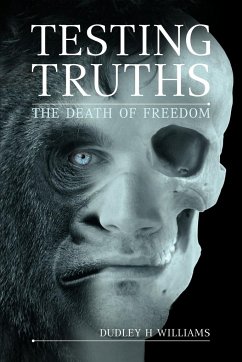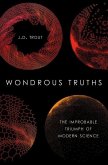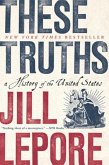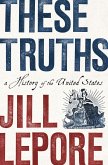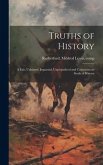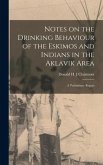This book is a brief view of what has come to be over a period of 13.7 billion years; one not simply, collectively, and consequentially previously told. In the language of yesteryear, it takes us from bang to man; or in that of today, from forces to females. It briefly summarises the evidence that answers the child's question "how did people get here?" But more importantly, on the basis of this, and other, evidence, it then strives to answer their further question "why do people do that?" The answers challenge adults and, looking at the world's problems, are of supreme importance - for the vast majority of the world's populace are either unaware of, or do not accept, many fundamental evidence-based truths. It is to them that "Testing Truths" is addressed.
Hinweis: Dieser Artikel kann nur an eine deutsche Lieferadresse ausgeliefert werden.
Hinweis: Dieser Artikel kann nur an eine deutsche Lieferadresse ausgeliefert werden.

